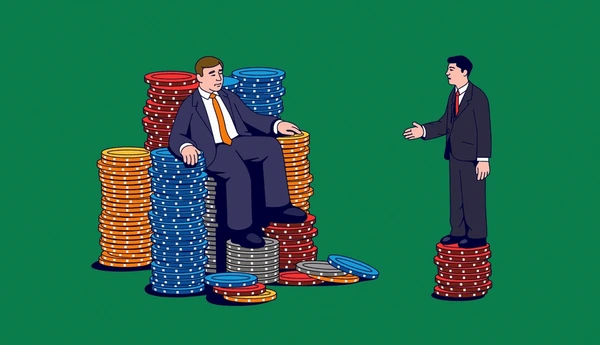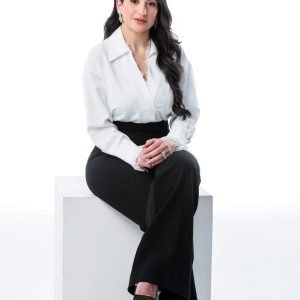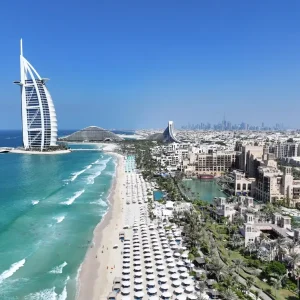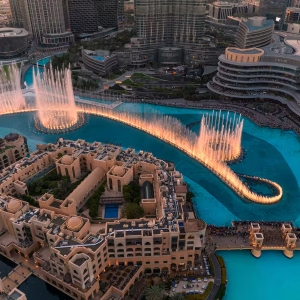Dubai is famous for its glamorous malls and luxury boutiques, but beneath the glittering skyline lies another side of the city — its traditional souks and vibrant street markets, where the chance to bargain is an art form. Whether you’re hunting for a beautiful silk scarf, a pair of handcrafted leather sandals, or a box of dates, bargaining is not just allowed — it’s expected.
And here’s the truth: a few well-placed Arabic words can instantly warm up a conversation, make the seller smile, and sometimes shave off a hefty chunk of the price. Locals appreciate the effort, and it can turn a simple purchase into a memorable exchange.
If you’re planning a trip to Dubai or already live here but shy away from the art of negotiation, this is your guide. Let’s break down simple, powerful Arabic phrases that can turn you into a street-smart, deal-snatching pro — without sounding like a tourist.

Why Bargaining is a Part of Dubai’s Culture
Bargaining, or haggling, is deeply rooted in Middle Eastern and South Asian culture. It isn’t just about money — it’s a friendly exchange, a verbal dance where both parties expect a little back-and-forth before settling on a price.
In Dubai’s traditional markets like the Gold Souk, Spice Souk, or Textile Souk, vendors expect customers to negotiate. It’s part of the experience. Even in modern-day flea markets and street stalls, you’ll notice people engaging in cheerful banter over prices.

Understanding a few Arabic words and phrases can not only help you grab a better deal but also connect with locals on a personal level.
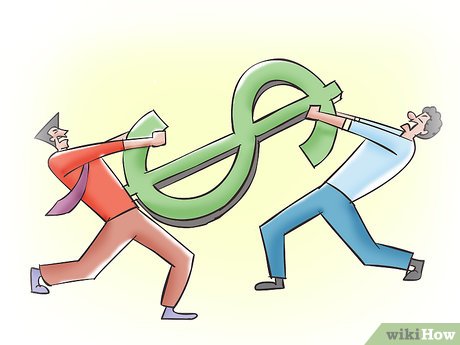
Basic Arabic Words to Warm Up the Conversation
Before diving straight into bargaining, it’s polite to greet the vendor and exchange a few pleasantries. These phrases help create a friendly atmosphere and show respect for local customs.
Salam Alaikum (السلام عليكم)
Meaning: Peace be upon you
Use this as a warm greeting when you approach a vendor.
Shukran (شكرا)
Meaning: Thank you
Always end a conversation or transaction with this word — whether you buy something or not.
Afwan (عفواً)
Meaning: You’re welcome or Excuse me
Useful when you want to politely get someone’s attention or respond to their thanks.
Kam Haadha? (كم هذا؟)
Meaning: How much is this?
A simple, essential phrase to start any negotiation.
Phrases That Help You Bargain Like a Local
Now that you’ve warmed up, it’s time for the real fun — negotiating. These phrases will show that you know how things work around here.
Ghalee Jiddan! (غالي جداً!)
Meaning: Too expensive!
Say this with a playful smile when you hear the initial price. It sets the tone that you won’t settle for the first number.
Aatini Khafdh (أعطني خفض)
Meaning: Give me a discount.
Simple and direct — locals use this phrase often.
Ma’andi Keteer (ما عندي كثير)
Meaning: I don’t have much (money).
A classic tactic to show you’re on a budget.
Hal Hatha Akheer Si’ar? (هل هذا آخر سعر؟)
Meaning: Is this your final price?
Use this before pretending to walk away — it often prompts the seller to lower the price further.
Ana Zaaboon Da’im (أنا زبون دائم)
Meaning: I’m a regular customer.
Even if it’s your first time, sellers love hearing this. It hints at possible future business.
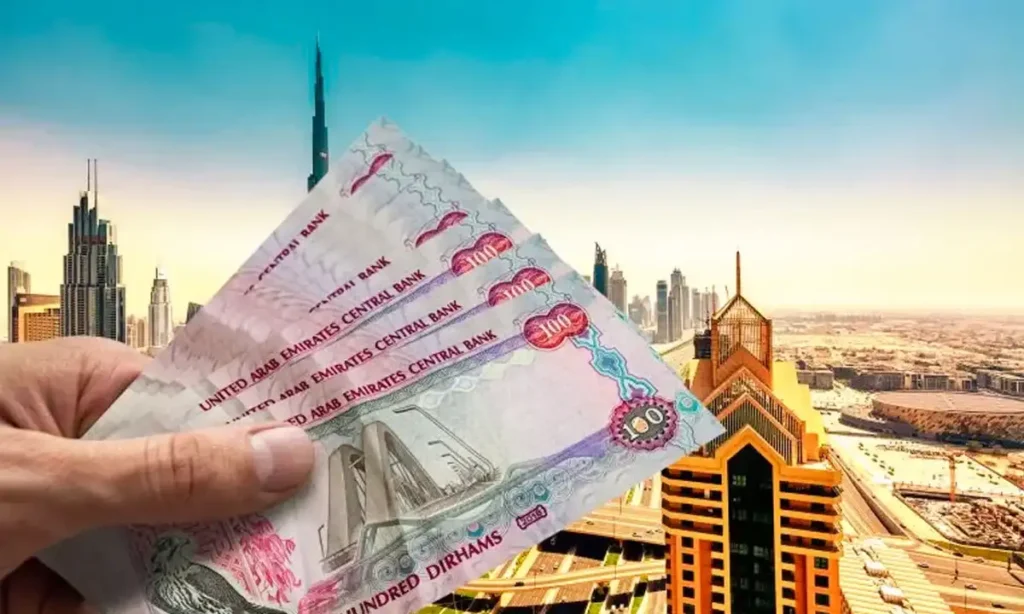
Pro Tip: The Art of the Walk-Away
Body language is half the battle when bargaining. If you feel the price isn’t dropping to your liking, try saying:
Khalas, shukran. (خلص، شكرا)
Meaning: Okay, thank you.
Then politely turn and walk away. Nine out of ten times, the vendor will call you back with a better price. It’s a classic move that works especially well in open markets and bazaars.
Bargaining Etiquette: What to Keep in Mind
While bargaining is expected in many parts of Dubai, it’s important to stay respectful and lighthearted. Here are a few unspoken rules to follow:
- Don’t haggle in malls or branded stores. Prices there are fixed.
- Always greet the vendor. A friendly start leads to a better outcome.
- Be playful, not aggressive. Bargaining is a social game, not a confrontation.
- Know when to stop. If the seller insists on a price and you’re not satisfied, gracefully thank them and move on.
- Appreciate craftsmanship. Especially in souks, many items are handmade, and a fair price respects the effort behind it.
How Locals Do It: Tricks from Market Regulars
If you spend time in Dubai, you’ll notice seasoned locals and long-time expats have their own strategies for scoring deals. Here are a few tips:
1. Buy in Bulk
Vendors are more willing to offer discounts if you’re buying multiple items. Try:
“Shoof, kam si’ar law ashtaree ithnayn?” (شوف، كم السعر لو أشتري اثنين؟)
Meaning: Look, how much if I buy two?
2. Start Low, Meet in the Middle
A common trick is to counter the vendor’s price with half, then slowly work up. The final price usually lands somewhere in the middle.
3. Stay Calm and Friendly
Vendors appreciate good-natured banter. Joke, compliment the product, or comment on the weather. It breaks the ice.
Bargaining Hotspots in Dubai
If you’re ready to test your new Arabic skills, head to these iconic markets where haggling is part of the fun:
- Gold Souk – Famous for gold jewelry, precious stones, and intricate ornaments.
- Spice Souk – A sensory feast of spices, herbs, and teas.
- Textile Souk – A colorful haven for fabrics, scarves, and traditional clothing.
- Al Karama Market – Well-known for souvenirs, perfumes, handbags, and watches.
Each of these places offers plenty of opportunities to practice your phrases and score great deals.
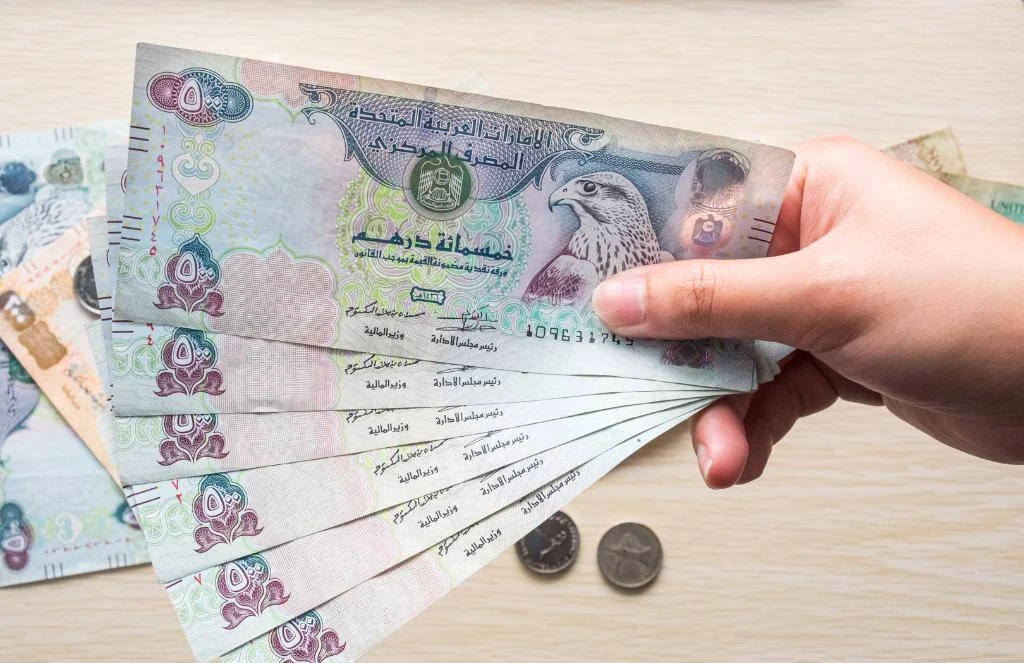
How Using Arabic Can Change the Entire Experience
Even if you’re not fluent, using a few Arabic words can shift the dynamic of a transaction. Vendors feel respected and often respond warmly. It humanizes you as a customer, moves beyond a mere monetary exchange, and makes shopping in Dubai’s souks a cultural experience, not just a financial transaction.
It’s about showing effort. The markets of Dubai are places of stories, craftsmanship, and tradition. When you engage in their language, even at a basic level, you honor that.
Final Thoughts
Bargaining isn’t just about saving a few dirhams. It’s about connecting with people, embracing a tradition, and adding color to your Dubai adventure. These simple Arabic phrases are more than words — they’re keys to unlocking warm smiles, better prices, and genuine local experiences.
So next time you’re navigating the alleys of a souk or eyeing that perfect pair of embroidered slippers, take a deep breath, smile, and drop a “Kam haadha?”. You’ll be surprised how far it gets you.
And remember — it’s not just what you say, it’s how you say it. A good bargain comes from confidence, charm, and a little bit of linguistic effort.
Happy shopping and shukran for reading!
Do follow UAE Stories on Instagram
Already in Dubai? These Brilliant Arabic Phrases Will Make You Sound Local

